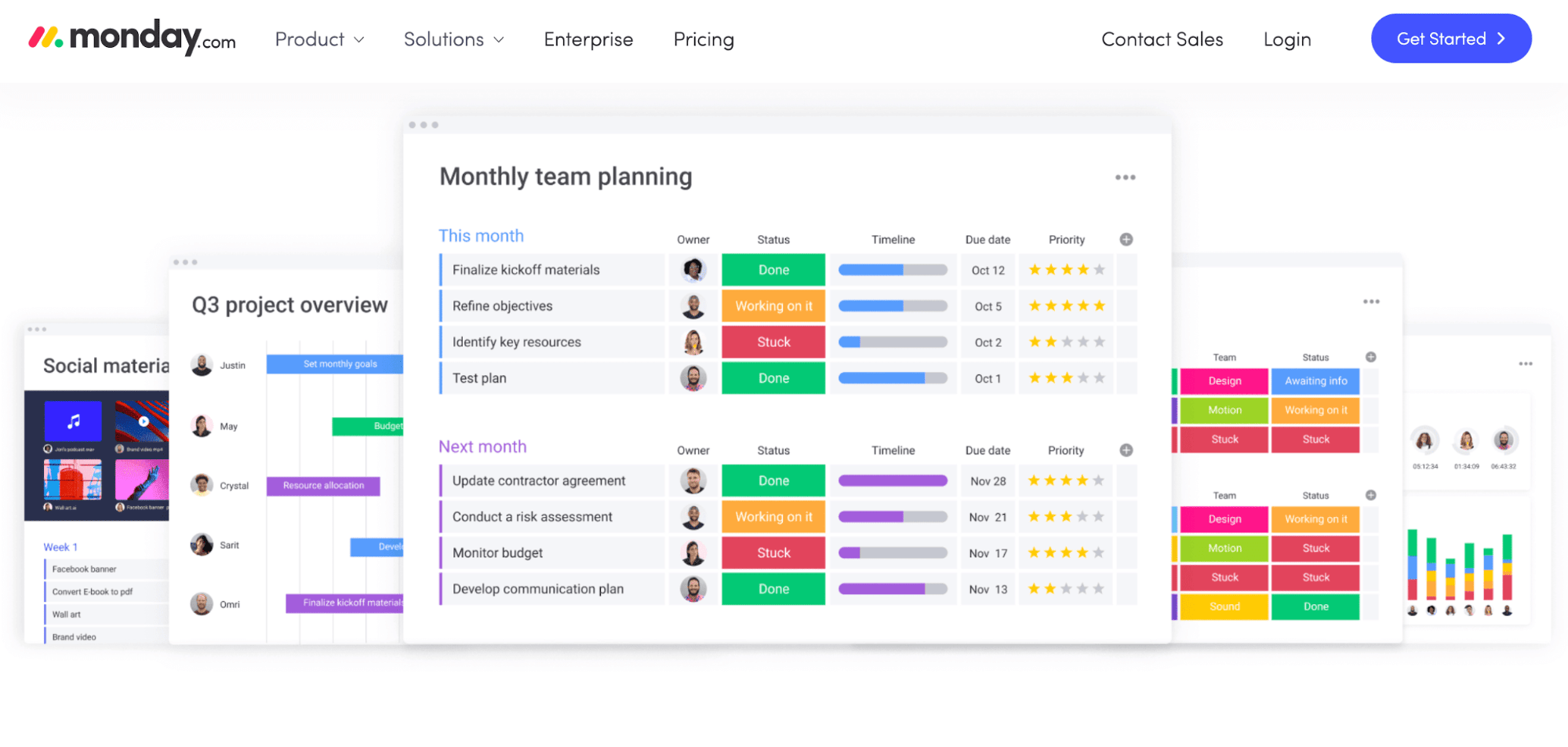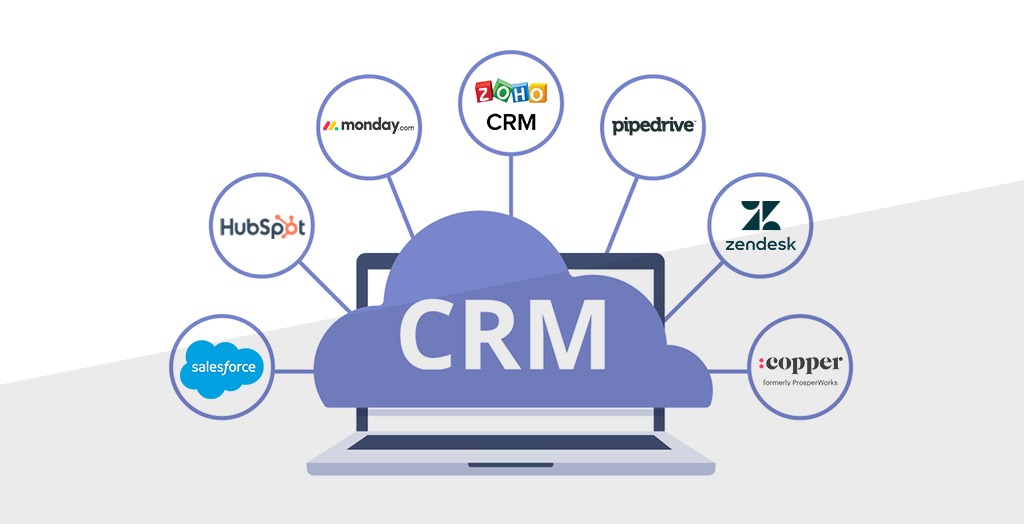Being a homeowner has many advantages and is a noteworthy accomplishment. The ability to use a home equity loan to leverage the value of your house is one such advantage. Homeowners can obtain funds through home equity loans based on the equity they have built up in their property. In addition to highlighting key points to remember, this piece will look at the advantages of obtaining a home equity loan and how it may help you achieve your financial goals.
Unleashing Home Equity’s Potential
The difference between the market value of your house and the remaining mortgage balance is known as home equity. Your equity grows due to mortgage payments and property appreciation over time. By using this equity, you can give yourself a flexible financial instrument to handle a variety of costs.
Adaptability in Application
The flexibility of a home equity loan is one of its main advantages. Home equity loans allow you to spend the money for any reason, unlike loans with fixed requirements like student loans or auto loans. Consider it if you need a home equity loan for a remodel, debt repayment, schooling, or unforeseen medical needs.
Reduced Interest Rates
Housing equity loans provide lower interest rates than other loans. The loan is less risky for lenders. After all, your property secures it. You can benefit from more benevolent terms for repayment and possibly save a substantial sum of money in interest payments.
Possible Tax Advantages
The interest paid on a home equity loan may be deducted from taxes under certain circumstances. To determine if you qualify and grasp the precise tax consequences depending on your situation, you must speak with a tax expert or accountant. By utilizing any tax benefits, a home equity loan might become even more beneficial and result in additional savings.
Availability of Higher Loan Amounts
Home equity loans usually give you access to greater loan amounts than other forms of personal loans. The lender’s requirements and the amount of equity in your house determine how much you can borrow. You can take on more significant costs or reach long-term financial objectives with a greater loan amount.
Important Pointers Regarding Home Equity Loans
Even though home equity loans have many advantages, you should consider certain things before making this financial choice.
Home Equity Loan vs. HELOC
Home equity loans and HELOCs let you leverage your property. Both choices employ the value of your home as collateral, but they are not the same in terms of payback terms or structure. While HELOCs work more like a credit card and let you borrow money as needed within a set period, home equity loans offer a lump sum amount paid back over a predetermined duration. Before choosing, weighing your tastes and financial circumstances is critical because each alternative has pros and cons.
The ratio of Loan to Value (LTV)
Lenders consider your Loan-to-Value ratio (LTV) to determine your loan limit. The percentage of the value of your house that the lender is willing to lend against is indicated by the LTV ratio. Lenders often like to see the LTV ratio stay below 80% to reduce risk. Making educated judgments will be aided by knowing the current valuation of your house and the maximum loan amount you may obtain depending on the lender’s LTV ratio.
Conditions of Repayment and Fiscal Restraint
It’s crucial that you thoroughly go over the terms of any home equity loan you are considering. This loan may sound enticing due to its low-interest rates, but you must make monthly payments for the entire term. Ensure you have the financial self-control to fulfil these commitments and that the repayment amount easily falls within your budget. Since your home is used as collateral for the loan, falling behind on payments could result in loss.
In summary
House equity loans can fund debt payments and school and house upgrades. A home equity loan may be a good choice for people wishing to leverage the value of their house because of its flexibility in use, reduced interest rates, possible tax advantages, and availability of greater loan amounts. To make wise judgments, it’s necessary to consider the loan type, loan-to-value ratio, and payback conditions. You may maximize the value of your house and move closer to a more stable financial future by being aware of the advantages and doing extensive research.










